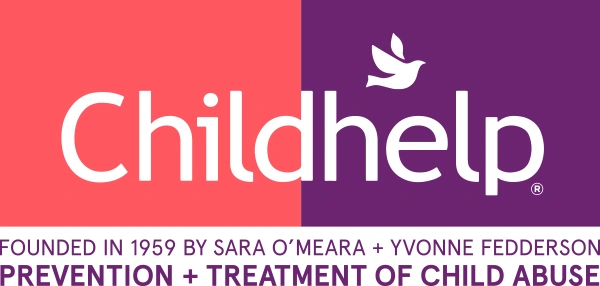Bullying is a form of neglect that can happen at anyone’s school and to anyone’s child. It is a painful experience that truly leaves a lasting impact on its victims. But, our hope is that as parents, teachers, friends, and family, we can foster a culture of worth for our children, so that they recognize the power and value that their voice and well-being holds. Start now, prevent the cycle, and educate yourself as well as the children around you on the nature of bullying.
What is “bullying” and who gets “bullied”?
Bullying is a form of abuse and it is demonstrated through unwanted aggressive behavior towards another individual it includes but is not limited to, hazing, harassment and stalking.
Bullying does not discriminate against race, religion or gender anyone can be a target of bullying.
As a parent, what can I do if I suspect my child is being bullied?
Start by talking with your child and asking direct questions:
- Are there any kids at school picking on you?
- Is there anyone at school leaving you out or excluding you on purpose?
Or you can get the conversation started with an indirect line of questioning:
- So who are you hanging out with at school this year?
- How’s the new bus route home, do you sit with anyone?
What can I do if I see a peer being bullied?
- Talk with your peer, sit with them at lunch, listen to them and be kind
- Call them at home to encourage them
- Tell an adult who you trust either in person or through a note, or help them tell an adult
- Send a text message or go up to them and let them know you’re there for them
- Help them get away from the situation
- Ask them what you can do to help
What is Cyber-Bullying?
When a child, preteen or teen is tormented, threatened, harassed, humiliated, embarrassed or otherwise targeted by another child, preteen or teen using the Internet, interactive and digital technologies or mobile phones.
What are some signs and symptoms that may indicate my child is a victim of Cyber-bullying?
- He/she unexpectedly stops using their computer or cell phone
- He/she appears nervous or jumpy when an instant message or email appears
- He/she appears uneasy about going to school or outside in general
- He/she appears to be angry, depressed, or frustrated after using the computer or cell phone
- He/she avoids discussions about what they are doing on the computer or cell phone
- He/she is abnormally withdrawn from usual friends and family members
As a parent how can I help prevent my child from being cyber-bullied?
- Establish electronic use rules in your home, be specific about which sites are ok to be on and what’s allowed
- Discuss what is appropriate to share online. Remind them that things posted on the internet can be shared with anyone
- Teach them to ask themselves, “Would I be comfortable saying this in person?” and “Would I be okay if tomorrow everyone at school or work knew about this?”
- Let your child know that it’s always okay to talk about something that makes them uncomfortable online
What is Teen Dating Violence?
Teen dating violence is a form of abuse exhibited by a dating partner, the abuse can consist of but is not limited to, destructive and aggressive behavior and physical and emotional harm.
What are some signs and symptoms that I may be in an abusive dating relationship?
- Your partner checks your phone or email without your permission
- Your partner keeps you away from your friends and family
- Your partner is furious with jealousy when friends of the opposite sex are talking with you
- Your partner puts you down and calls you names constantly
- Your partner lashes out at you by physically harming you
- Your partner controls your day to day activities so that they can decide what you do and who you do it with
How can I get help for myself or someone I know?
If you or someone you know has been affected by these forms of abuse, or if you just have questions you need some answers to, please contact the National Child Abuse Hotline at 1.800.4.A.CHILD (1-800-422-4453), a counselor is standing by 24 hours a day, 7 days a week, to take your call.
